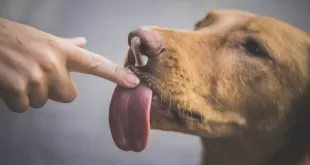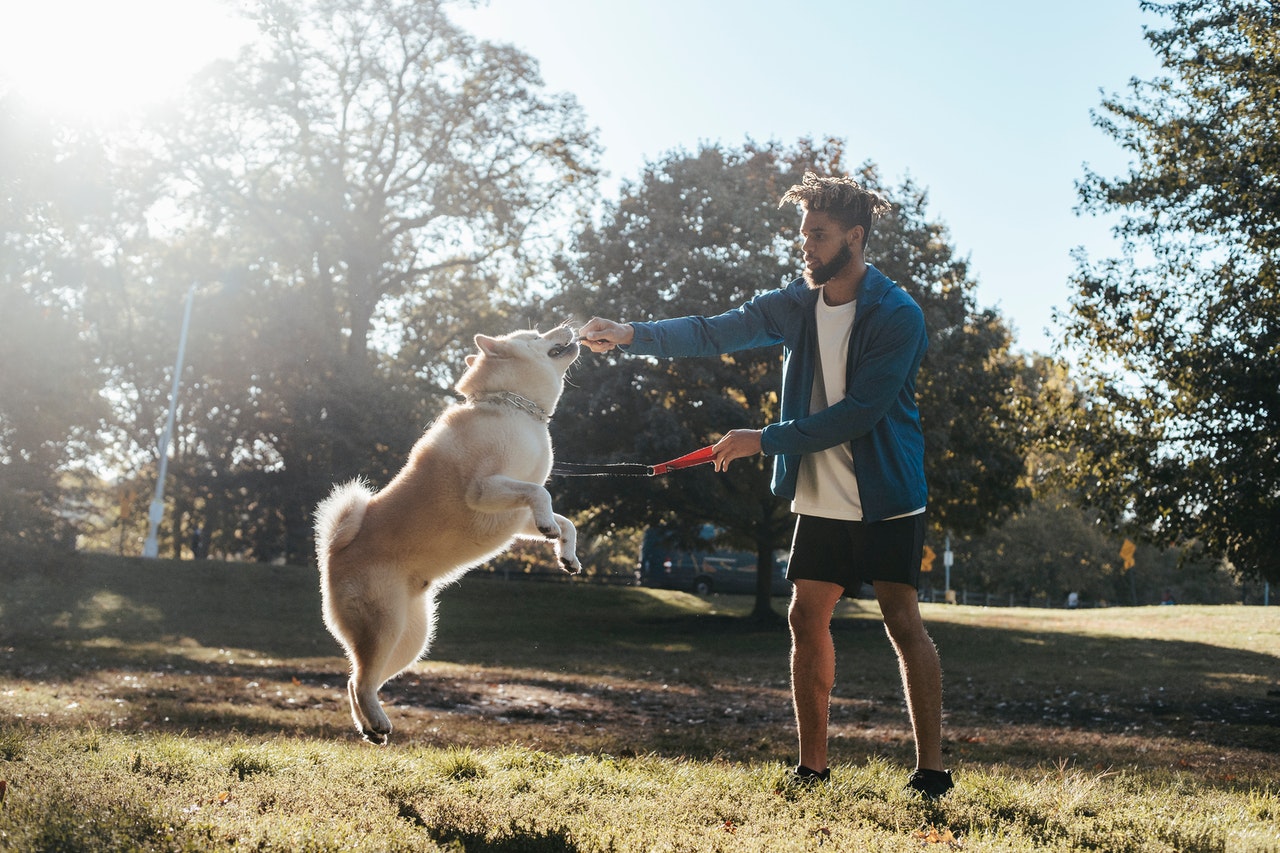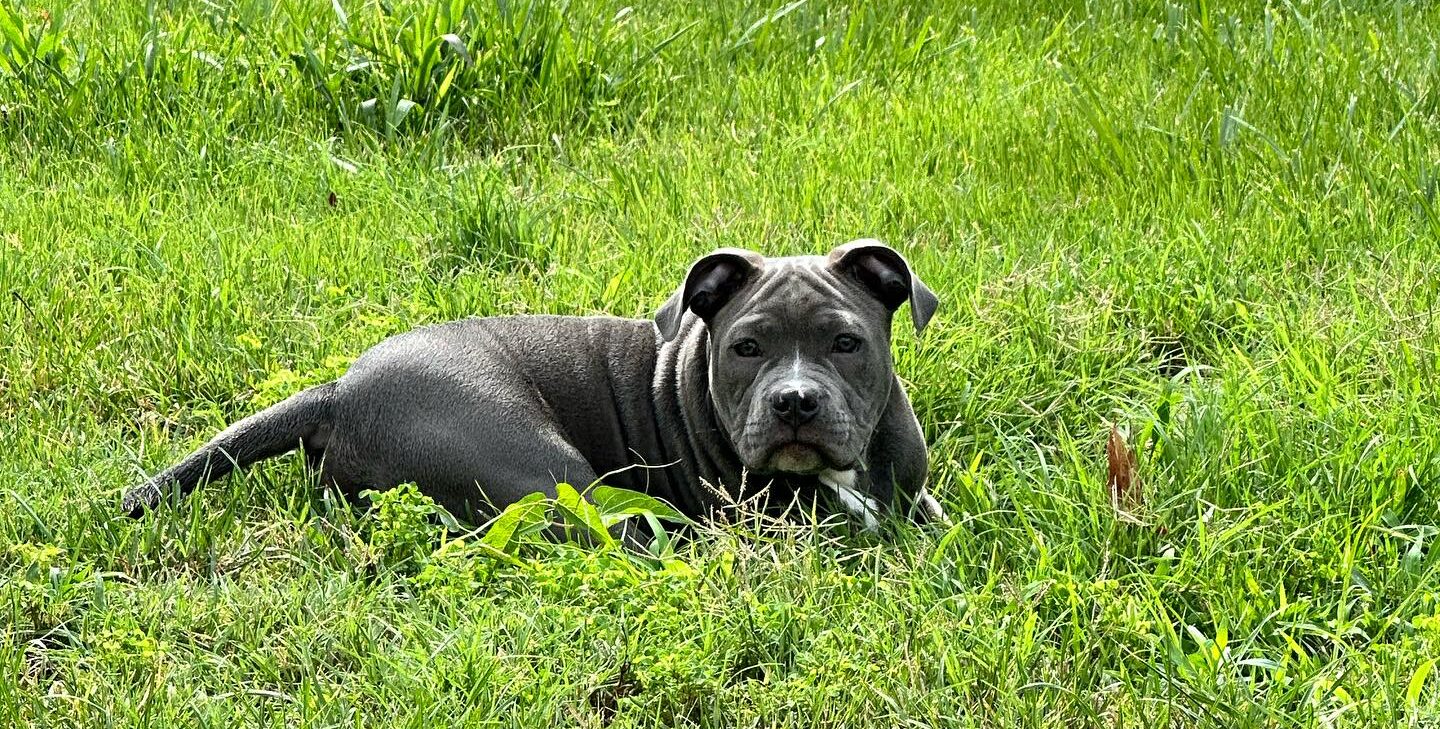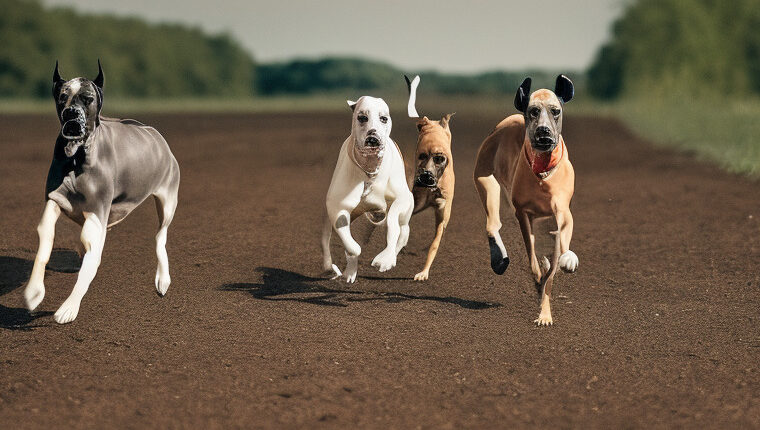Last Updated on February 18, 2023
When I first got my dog as a puppy, she simply won’t stop peeing in the house. Stopping her from peeing is literally the toughest thing that we have to manage. It took us quite some time before she is properly trained to stop peeing in the house. While I might be lucky that my dog is pretty easy to train, I cannot say the same for dogs who are out of the puppy stage. We all know that it is easier to train a puppy than an adult dog. But before you tear your hair out, you should be glad to know that the adult dog can still be trained not to pee in the house. Le’s find out more about how to solve the problem of “my dog won’t stop peeing in the house”.
My Dog Won’t Stop Peeing In The House
Over the years of working with dogs and owners alike, we notice that many of their problems are exactly the same. In addition, some of them also experienced the following:
- Pulling out your hair every time your dog soils your floor or pee around the house.
- Stopping your family or friends from visiting you, because there is a pungent smell coming from random pee and poop in the house.
- Stepping on the floor, assuming its same, only to feel like you have stepped onto an ocean full of pee.
- Paranoid about every water stain that you see on the floor.
 If the above resonates with you, then you are in the right place. As mentioned, after working for years with dogs and their owners, the problems faced by them are generally the same. Just ask yourself this question: How many times have you apologized to family or visitors who accidentally stepped on pee or poo? How many times were you embarrassed by the lingering pungent smell? If you are worried about it, then the following section will be important to you. Do you know exactly what causes the dog to pee randomly in the house?
If the above resonates with you, then you are in the right place. As mentioned, after working for years with dogs and their owners, the problems faced by them are generally the same. Just ask yourself this question: How many times have you apologized to family or visitors who accidentally stepped on pee or poo? How many times were you embarrassed by the lingering pungent smell? If you are worried about it, then the following section will be important to you. Do you know exactly what causes the dog to pee randomly in the house?
Top Reasons Why Dog Pee Randomly In The House
There are many different reasons that cause the dog to pee randomly around the house. While some are medical conditions, others can be simply attributed to their character. By knowing exactly the real reason behind the random peeing, you can better administer any rectifications, if any. Let’s find out some of the common, and perhaps some uncommon, causes.
Medical Issues
If your dog is suddenly peeing inside the house and hasn’t had accidents before, it may be due to a medical issue. Some common medical issues that can cause accidents include urinary tract infections, bladder stones, diabetes, and kidney disease. If you suspect your dog may have a medical issue, it’s important to take them to the vet for a check-up.
Separation Anxiety
Dogs that suffer from separation anxiety may urinate inside the house as a way to cope with their stress. They may also exhibit other signs of anxiety, such as destructive behavior or excessive barking.
Overexcitement
This is one of the top reasons why dogs pee around in the house without any apparent reason. If you notice, there is a pattern that follows just before the random pee occurs. I first noticed that the dog pees whenever I am just home from work. I can see my dog wiggling its tail vigorously, while at the same time jumping about. Hence, I reach the conclusion that if the dog is overly excited, they will excrete some pee in the midst of their overzealousness in expressing their emotions.
Fearful Or Stressed
If you have seen enough horror movies, there are plenty of scenes whereby the actor pee in their pants after encountering something particularly scary. This is a sign of fear. When we are extremely fearful of an event, we might momentarily lose the function of controlling or holding in our pee. This goes the same for dogs too.
When dogs are feeling fearful, they will want to submit to the fear. In the process of submission, they will let go of their pee. While this is a natural process, it is a cause for concern as your dog should not be feeling fearful, at least not most of the time.
Another possible scenario is that the dog is stressed after you bring it out for a walk. It can be stress due to a larger animal chasing or barking at them, or it can also be an injury that it suffered during the walk that went unnoticed by you. In either case, the dog will start to pee randomly as a natural reaction in coping with stress.
Territory
Some dogs love to leave their mark all over their place. Is it common knowledge that dogs love to leave their sniff and leave their mark at places, so as to mark their territory. If you have just one dog, this problem might not be commonplace. However, if you have more than 1 dog, this might be an issue if both dogs do not get along with one another. By leaving their mark around the house, they are inevitably saying that these are territories that other dogs shouldn’t intrude into.
If the dog loves to do this, you should quickly identify the reason behind the behavior and administer rectification as soon as possible. This will prevent the problem from perpetuating a blown up one.
Improper Conditioning
I have a personal experience that perhaps some of you can relate to. When I got my dog, I put her in her crate just before I go to bed. This is because I fear that she might urinate anywhere in the house when I am asleep. When I wake up the next morning, I will usually see her urine and/or poo in the crate. It is then that I let her out of the crate. So this became a routine. Until one day, I decided to let her roam around in the house because I assumed that she understood that we have designated the crate to be her toilet.
I would wake up the next day, seeing urine and poop just outside my door (I close my door when I sleep). This situation carried on until I put her back in the crate at night. I was perplexed by this, as it seems very strange to me that the crate training process failed. There was once, I let the dog roam around the house. As the entire family left the house, we could hear the dog whining behind the door. We decided to bring the dog out too. After I open the door, to my horror, there was urine on the floor!
It then struck us that the dog has been improperly conditioned to urine or poo, hoping that we will open locked doors to her. Once we identified the cause of this, we actually made full use of the conditioning. She never randomly pees or poops around the house again.
How To Stop Dog From Peeing In The House
Now that we have identified some of the known causes or reasons why dogs tend to pee or poop randomly in the house, we can better rectify them using the following recommendations.
Crate Training
The best way to actually stop the dog from peeing around in the house is actually by crate training them. When you crate train the dog, you are effectively limiting the areas at which the dog can pee. This can be done via conditioning training. This is actually the best way to get your dog to stop peeing in the house itself. Crate training will bring multiple benefits to your dog too.
For example, should your dog be constantly afraid of being alone (and hence the random pee or poop), it will be awesome if you can purchase a crate for them. This is because crates act as a safe haven to dogs, and they often seek refuge in it when depressed. It does help to provide a calming effect on the dog itself.
Reduce Separation Anxiety
If your dog is peeing inside the house due to separation anxiety, there are several things you can do to help them feel more comfortable when you’re away. These include leaving them with a puzzle toy or a comfortable bed, playing calming music, and gradually increasing the amount of time you spend away from them.
Neutralizing Lingering Marks
It is common knowledge that dogs have a better sense of smell than humans. Hence, even if you wipe off the existing territorial marks, the dogs will still be able to sniff them out. One of the best ways to stop this is actually to use a very special solution to wipe the marks away. What we do is that we will dilute the vinegar with water, and contain them in a spray bottle. We will then go about spraying at the affected areas The solution itself is able to mask the smell or any other lingering marks completely, and the dog will not be able to find them at all.
Keeping Them Occupied
If you think of dogs as toddlers who want attention every time, then this is an easy one for you. All you have to do is to keep them occupied, right? Correct! But how do you exactly keep them occupied when you are busy working, or you are at work? You can’t switch on the television for them as they probably cannot discern the images and sounds coming out fro the screen.
Luckily for you, there are Interactive Toys that allow you to engage your dogs in activities even when you are away. You can also use Food Dispensing Toys to help you keep the dog busy!
Avoid Exciting The Dog Until Businesses Are Done
Similar to managing a child, avoid exciting your dog before they have completely finished with their business. This will prevent them from accidentally excreting waste.
Use Positive Reinforcement
When your dog goes potty outside, be sure to reward them with praise and treats. This will help them understand that going potty outside is a good thing and reinforce the behavior. Similarly, avoid punishing your dog for going potty inside the house, as this can lead to further anxiety and stress.
Bring The Dog To The Vet
If all else fails, then there might be some underlying medical conditions that you are not aware of. If that is the case, then you might want to bring your dog to the vet for immediate attention.
Preventing Future Accidents
In addition to addressing the underlying causes of your dog’s peeing behavior, it’s important to take steps to prevent future accidents. Here are some tips to help keep your house clean and your dog potty-trained:
- Establish a Routine: Dogs thrive on routine, so establish a regular schedule for taking them outside to go potty. This will help them understand when and where they should be going.
- Supervise Your Dog: If your dog is still in the process of being potty-trained, it’s important to supervise them closely when they’re inside the house. Keep them in a crate or a small area where they can’t make a mess, and gradually increase their freedom as they demonstrate good potty behavior.
- Use Belly Bands: Belly bands are a type of dog diaper that can be used to prevent accidents inside the house. They can be especially helpful for male dogs that are prone to territorial marking.
- Offer Plenty of Exercise: Dogs that get plenty of exercise are more likely to be well-behaved and less prone to accidents inside the house. Make sure your dog is getting plenty of physical and mental stimulation to keep them happy and healthy.
Conclusion
A dog that won’t stop peeing inside the house can be frustrating and stressful. However, by identifying the underlying causes of the behavior and taking practical steps to address it, you can help your furry friend become fully potty-trained. With patience, consistency, and the right tools and techniques, you and your dog can enjoy a happy and accident-free home.
 Dog N Treats All dogs deserve to be pampered
Dog N Treats All dogs deserve to be pampered



